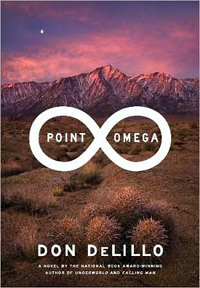
Point Omega
by Don DeLillo
Scribner, 2010
First Edition: 117 pages / Paperback Reprint: 128 pages; $12 Buy from Amazon
Sometimes, things are just complicated… A lot of Point Omega, or, a good portion of the book, I feel I did not understand. Sure, I’ve only read it once, so I guess I sort of expected this, but at the same time, I quickly realized that this was a different sort of “I did not understand.”
Basically, Point Omega was challenging. I paid attention to what was being said (for the most part) and yes, I even took notes, but still, I don’t think I get Point Omega, or, I don’t think I get all of Point Omega. But this is a good thing because I like how I am feeling right now: dumb, confused and (for some reason) mediocre/inferior—all at the same time. Of course, this is (still) my (initial) reaction to Point Omega, since I have only read it once (though I’m not sure I will be reading it again anytime soon) but this, in general, is a new type of feeling for me. It’s a feeling of deep-rooted confusion, weakness and extreme anxiousness. Usually, I’m more into books that make me feel powerful and strong and happy but, sometimes, I guess I like the mind-fucks too. And I’d like to think I am able to understand most things, and conceptually, I (think I) understood most of what was going on in Point Omega but also, not really. But that’s the point I think! Let’s develop this.
The way I see it: Point Omega is about the things that are around us, and (then, also,) the things that aren’t. Or, the things that we can see and then, the things we cannot.
For example, here is how the book opens, more or less:
“There was a man standing against the north wall, barely visible. People entered in twos and threes and they stood in the dark and looked at the screen and then they left. Sometimes they hardly moved past the doorway, larger groups wandering in, tourists in a daze, and they looked and shifted their weight and then they left.”
READ MORE >

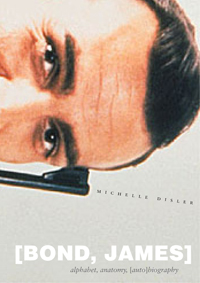 [BOND, JAMES]: alphabet, anatomy, [auto]biography
[BOND, JAMES]: alphabet, anatomy, [auto]biography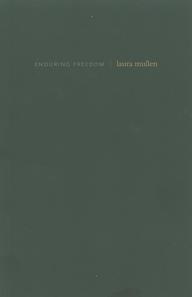 Enduring Freedom
Enduring Freedom
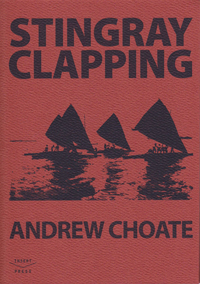 Stingray Clapping
Stingray Clapping
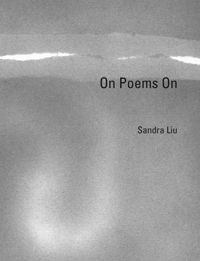 On Poems On
On Poems On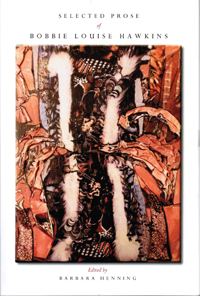 Selected Prose of Bobbie Louise Hawkins
Selected Prose of Bobbie Louise Hawkins